Faculty challenge and support Nazareth students — to help you flourish and achieve more than you ever expected.
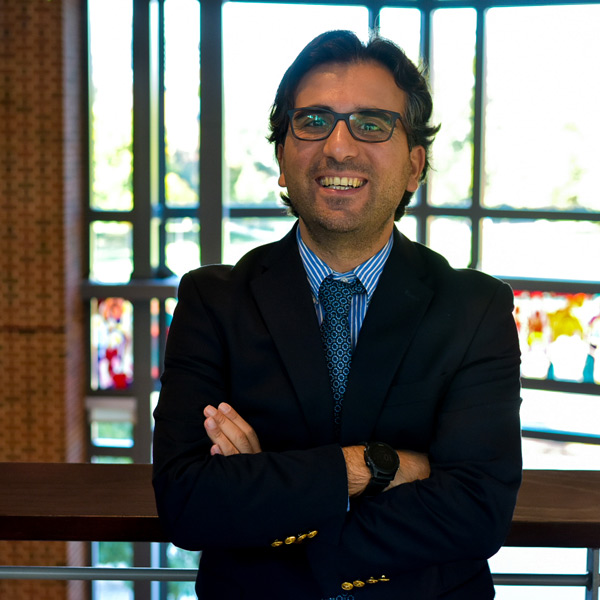
Sefa Secen
Political science & international relations
"I leverage my intercultural competency by incorporating examples from Middle Eastern, Turkish, and European politics and sharing my personal experiences," says Sefa Secen, Ph.D.
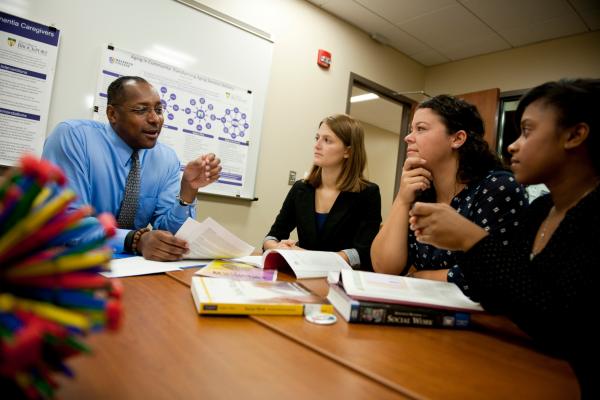
Mark Primus
Social work
"Dr. Primus leads thoughtful discussions, forces students to think for themselves, and allows differences in opinions to come to the surface and be explored," says alum Aubrey Baldauf.
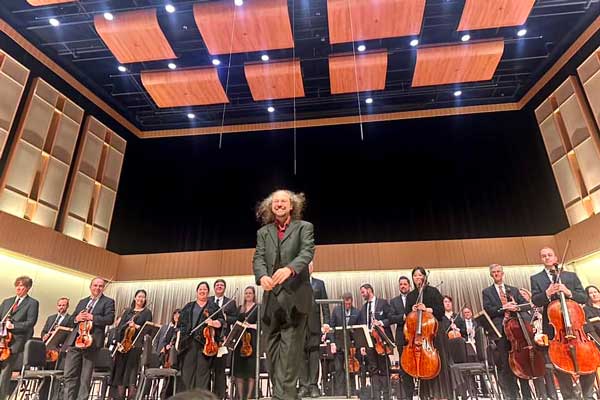
Octavio Vazquez
Music
"Dr. Vazquez is probably the most influential professor I have ever had. His passion for music is beyond contagious..." says former student Aaron Siebert-Castiñeira.
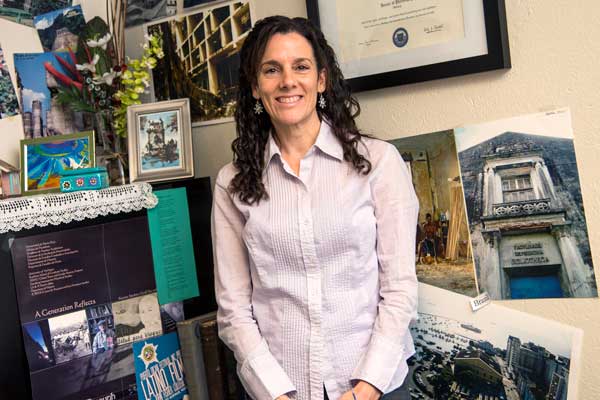
Isabel Córdova
History & political science
Dr. Córdova gives students hands-on opportunities to be immersed in Latino history through class assignments, internships, and grant-funded projects — including an oral history project she and Spanish Professor Hilda Chacón spearheaded with the Rochester Public Library.
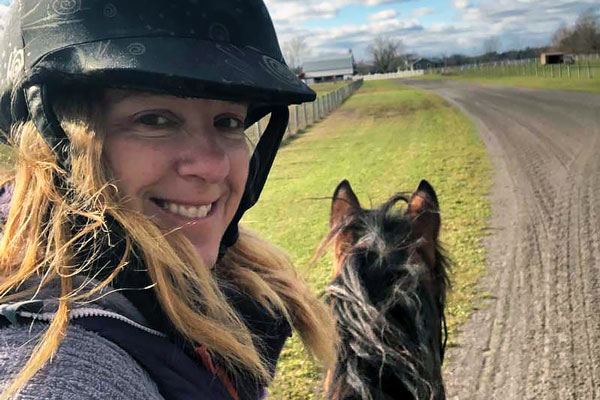
Kim McGann
Sociology
"I'm a sociologist who has always been really interested in studying how good teaching works," says Kimberly J. McGann, Ph.D.

Yamuna Sangarasivam
Anthropology
"The time that I shared with Professor Sangarasivam has shaped me into the person I am today. I never imagined academia would be so challenging. Because of her commitment to my success, I realized how rewarding a challenge could be." — alum Nick Gerbino
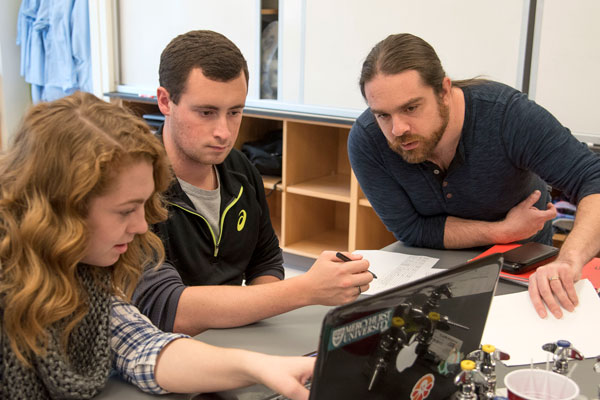
Matt Schoell
Clinical Laboratory Sciences
Matt Schoell, Ph.D., gave me opportunities that "helped me become more confident in my own abilities and made me more comfortable with working on my own." — alum Krissy Chatt
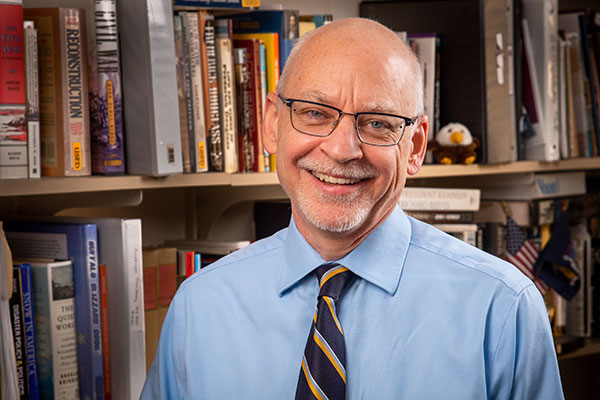
Timothy Kneeland
History & political science
From Dr. Kneeland: "What makes Naz unique is that we all have the common goal of changing lives. Students don’t just take classes at Naz, they work with professors. Teaching is not transactional, it’s relational."
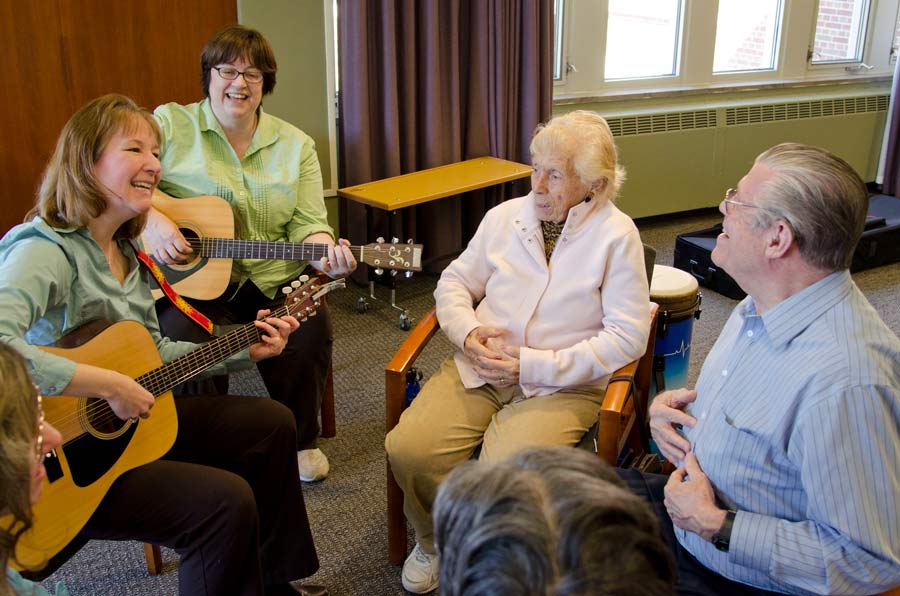
Laurie Keough
Music Therapy
"Hearing about how successful our students and graduates are fills me with pride. Internship directors frequently tell us that our students are some of the most well-prepared they've encountered," says Laurie Keough.
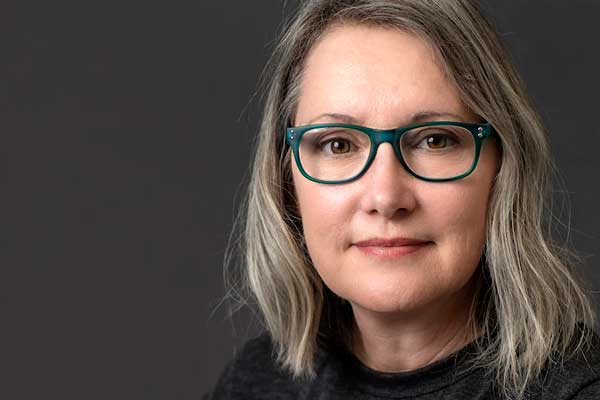
Wendy Norris
Mathematics
See why Dr. Norris loves teaching students how data science affects how we live, work, share, and play, and how to infuse ethics into artificial intelligence.

Heather Roffe
Dance
"Heather Roffe represents what it means to be a true professor and mentor.... to this day, we still stay in touch and she continues to be a great role model," says alum María J. Rodríguez-Torrado.
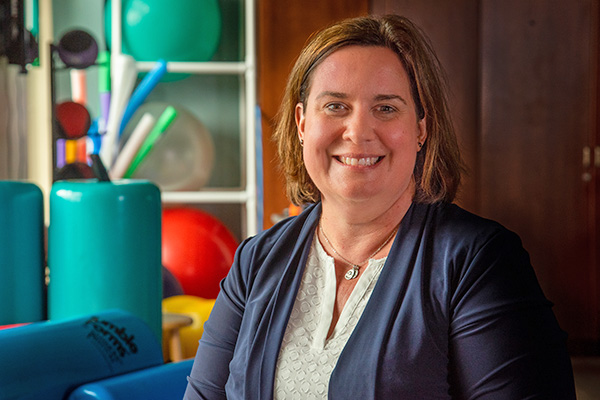
Season Bonino
Physical therapy
Student Jenna A. Zajac said of Prof. Season Bonino: "She always encouraged me to think outside the box and to never settle; continue to pursue more to best serve your patient." And she always has chocolate to share.
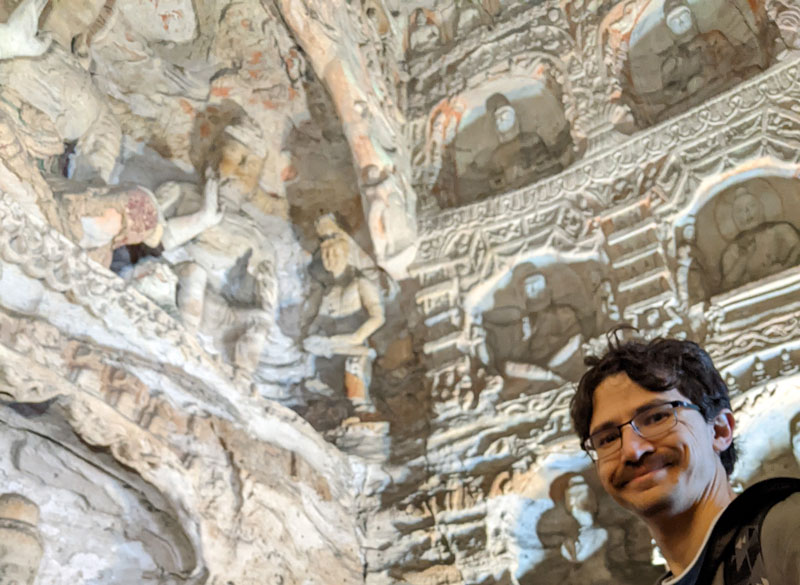
Phillip Guingona
History
"Dr. Guingona's knowledge, passion, and lesson structure create an informative, engaging, and fun classroom. He cares for his students, is always open to questions regarding material or assignments, and is consistently there to help students succeed," student Kyle Kuzniar says.

Roy Stein
Music/Business
Prof. Stein enhances student learning through his music industry connections, his own business and performing experience, and an on-campus record label. And don't miss his student-professor band performing around town.
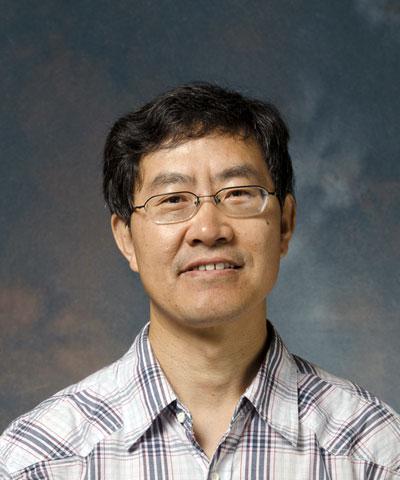
Zhansui Yu
Chinese language and culture
Dr. Yu teaches with honesty and passion about contemporary China. Read his essay ≫
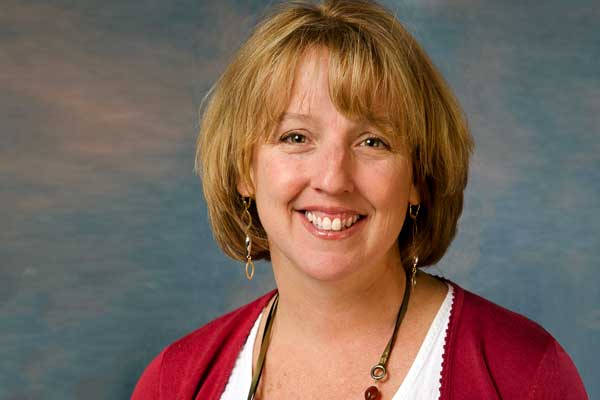
Kerry Dunn
Education
"Nazareth is known and honored for their exceptional program for educators." One reason is professors like Kerry Dunn and her "undeniable LOVE for her students both past and present." — alum Melanie Antos, third-grade teacher
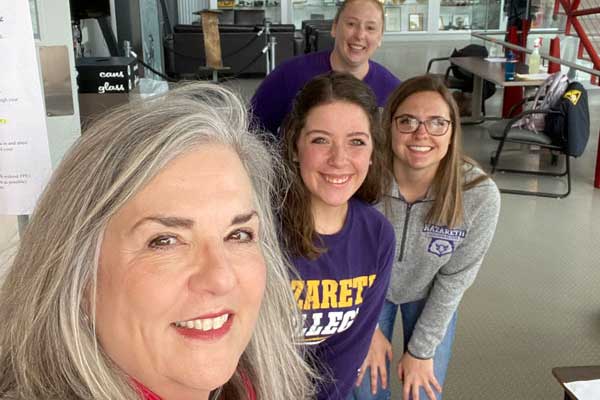
Mary Dahl Maher
Nursing, Public Health
She has a passion for public health, creating equity, and bringing a global perspective. One student praised her for being "my mentor and honestly one of my best friends on campus." Read more about Mary Dahl Maher, Ph.D.
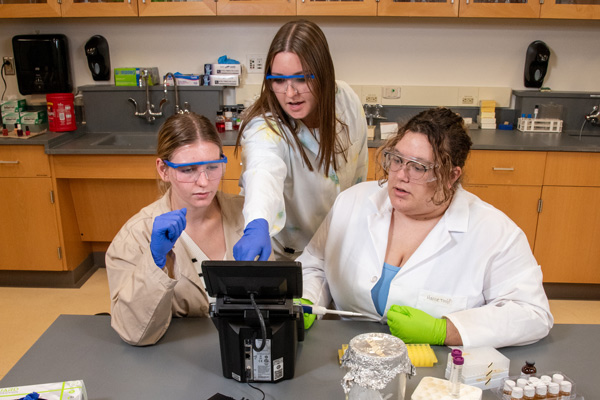
Jessica Stachowski
Biomedical sciences
"She radiates a deep passion for biochemical sciences and teaches in a way that makes this complicated field relatable and enjoyable. I have appreciated how much she has gone above and beyond to support me on my journey at Naz," a student says of Jessica L. Stachowski, Ph.D.
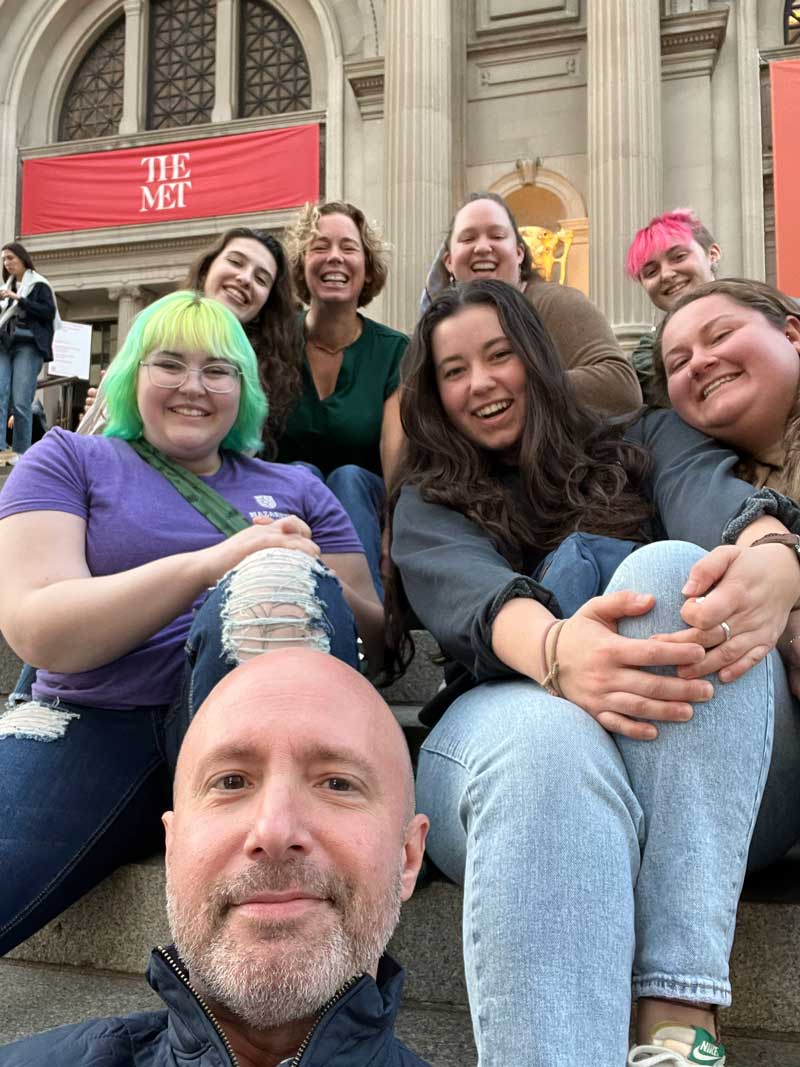
Steve Wehner
Visual Communication Design
"Through lessons, projects, anecdotal experiences, and one-one conversations, Steve Wehner taught real-world skills and concepts that extended beyond the classroom," says former student Marina Volpini.
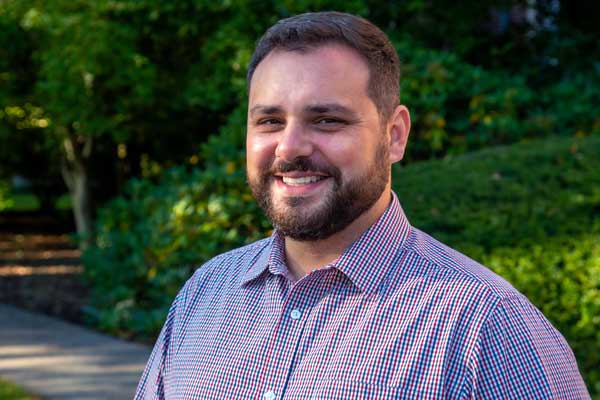
Bryan Adams
Business and Leadership
In Prof. Adams’ classes: “The hands-on experience is what helped me prepare for my job as a digital marketer.” — alum Marissa Tortora
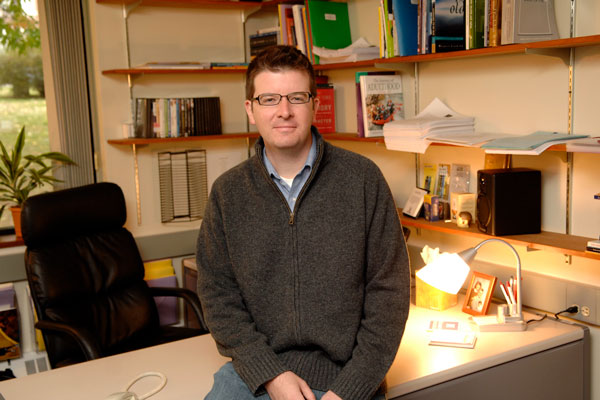
David Steitz
Psychology, gerontology
Dr. Steitz formed a creative partnership to hold college courses for Naz students and elder residents together at a senior living community, where students learn from, and with, the elders.
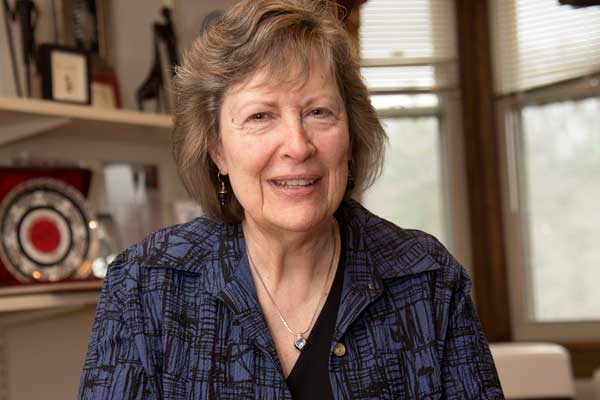
Susan Nowak
Religious studies
From Dr. Nowak: "The transformation that I'm hoping for is that each student is able to find his or her true self, for the moment, to be authentically and justly who he or she is. I want each student to feel empowered to be the strongest, most compassionate, hopeful, energized person that they can be."
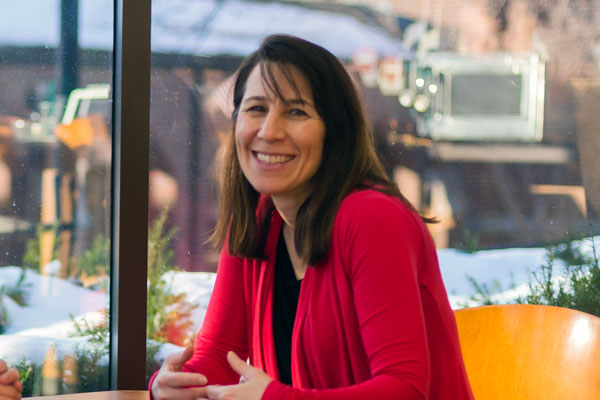
Leanne Charlesworth
"From the moment I entered her class as the only Black male student, Dr. Charlesworth began making her imprint in my life. Her genuine inclusiveness helped me to feel immense acceptance, not only in the educational environment, but in my career as a social worker," says alum Chad McDonald, LCSW.
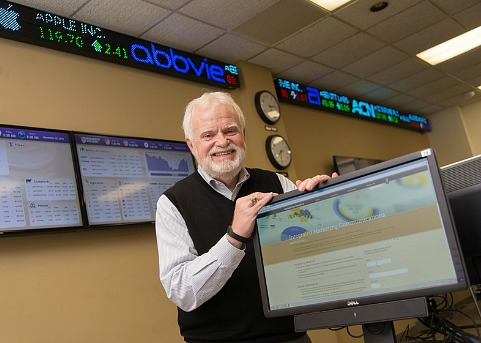
Mark Weber
Business & management
"Mark is a very knowledgeable professor who incorporates his real-life experiences into the courses.... Mark is very personable, and he always makes himself available to his students outside the classroom." — alum Max Powell
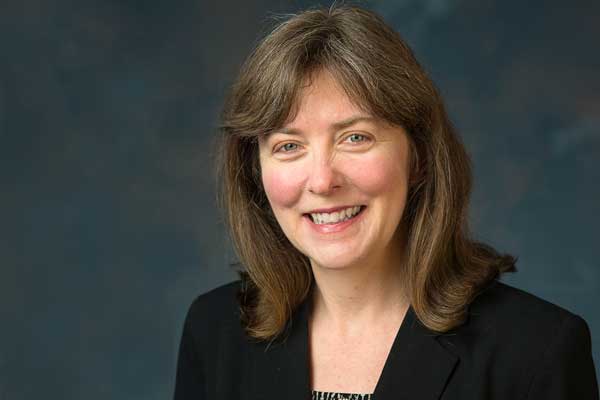
Jennifer Leigh
Business & leadership
Wish you could solve a big challenge facing society? Prof. Jennifer Leigh offers classes on leadership, ethics, and social entrepreneurship and hands-on projects and conference experiences.
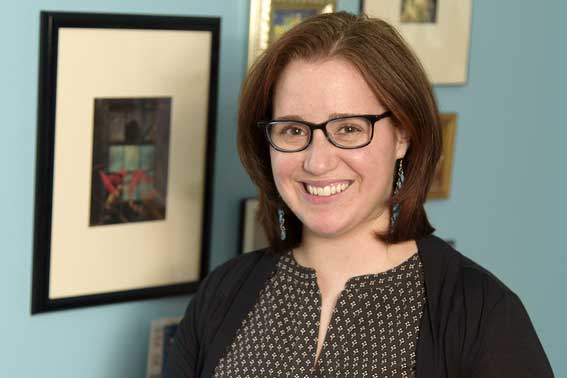
Samantha Nolte-Yupari
Art education
About Dr. Nolte-Yupari: “She’s so willing to give support, advice, help with research, and to make connections for us. She’s energetic, enthusiastic, and overall makes it a fun experience. It makes it easy to remember the lessons.” — alum Emily Richmond